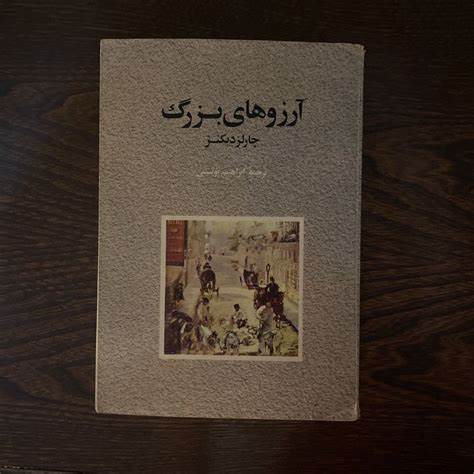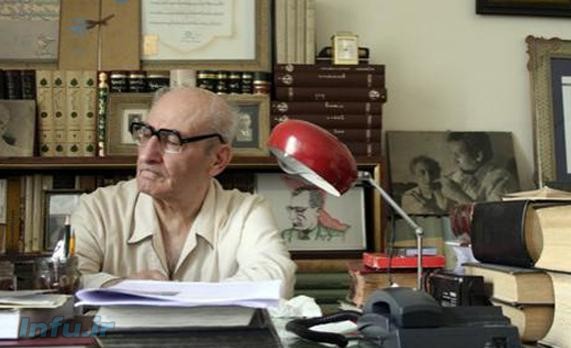Dr. Azad Mukri
He was seventeen when he came to Tehran Military High School in 1943 from Bana, Kurdistan, he did not know that one day his goal would be to introduce the Kurdish people and their culture.
Ebrahim Younesi graduated from Tehran Military High School. Shortly after, he became a cavalry officer and was sent to Urmia, where he married. There, a bullet hits his leg and it is cut off. He was sent to Germany by the army to treat his leg and eventually returned after treatment. In 1953, he joined a political organization called the Tudeh Party and worked as an officer in the military organization of the Tudeh Party.
Gradually, members of the party were arrested by the Shah's regime and Ibrahimi Younesi was arrested and imprisoned as an activist of the organization. After the trial, he was sentenced to death, but because he lost a leg in the army, the sentence was reduced and sentenced to life imprisonment.
The people in prison with Ebrahim Younesi were all educated, so he gradually learned French and then English himself.

From prison, he contacted several Soviet and European centers and enrolled in the British International School. The school constantly sent him books, and Ebrahim Younesi read them and began to translate and write for himself.
In prison, he wrote The Art of Storytelling. It is the first and most important book in the field of story writing published in Iran and has been used as a source by Iranian writers for decades. Even after Younesi's death, Mahmoud Dowlatabadi, Iran's greatest novelist, wrote that we had all learned to write stories from Dr. Ebrahim Younesi. There, with the help of Siavash Kasrai, the great Persian poet, he began translating Big Dreams by Charles Dickens. He later translated Bewitched Tailor by Solomon. He then translated Bleak House, Spartacus, and Shirley while in prison.
After prison, he worked with Mohammad Qazi in a Danish company. He then officially began translating in two fields. Ebrahimi Younesi translated the best of the world's fiction into Persian. But as he was a Kurd, his heart always beat for the Kurdish people and he remembered Kurdistan and the Kurdish people. Therefore, he translated more than 10 very important books for the Kurds. His books on Kurds had a large number of Persian and Kurdish readers. All these books are about Kurdish history and culture. Therefore, Persian writers believe that Ebrahim Younesi was proud of Kurds and being Kurds until his death.
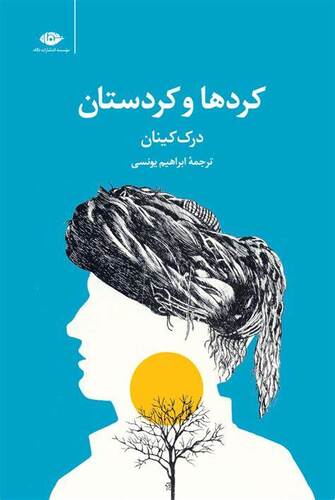
The books of Edgar O'Ballance, Jonathan Rendell, and many other books on Kurdish history and political analysis played a good role in understanding the Kurdish issue among Persians. In addition to translating, Ebrahim Younesi also tried hard to study and eventually continued his studies along with translating the best books in the world and received a doctorate in economics from the Sorbonne University in Paris.
Dr. Ibrahim Younesi translated 85 valuable books in English and French during his 85 years of life.
Those are the Younesi's activities mentioned and their impact discussed. However, one aspect of his work has never been addressed or even covered up by Iranian writers. It is the novels of Younesi. Younesi has written 12 novels during his lifetime, all of which deal with the Kurdish issue and the Kurdish struggle for their rights. Therefore, Persian critics in the field of fiction have paid no attention to the fiction works of Ebrahim Younesi. Otherwise, both the content and technique of his novels are at the level of the best Iranian writers. These novels are even innovative enough to become successful examples of Iranian novels. Unfortunately, these novels have not been paid attention to and marginalized by Persian society because they present the Kurdish problem most artistically.
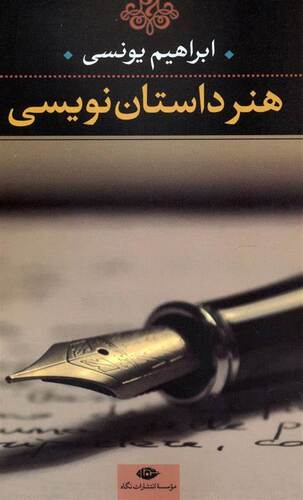
Some of the works of Dr. Ebrahim Younesi:
Younsi's writings:
1. The art of storytelling
2. The Lovers (novel)
3. Dream to dream (Novel)
4. My mom cried twice - (Novel)
5. The Crooked Hat and Gypsy - (Novel)
6. The Cemetery of Strangers - (Novel) (1979)
7. Blossom of Garden - (novel)
8. Sweet Dada- (novel)
9. Sadness of endless night (novel)
10. Prayer for Armen (novel)
11. Welcome - (novel)
12. Springless Winter (Memories)
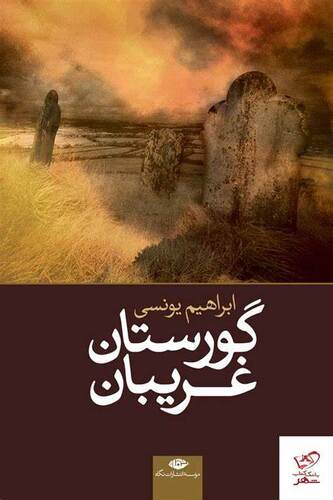
Younesi's translations about Kurdistan:
1. The Social Structures of the Kurdish people (Agha, Sheikh, and the government) - Martin van Bruinsen
2. Kurdish National Movement - Chris Kochera
3. After Such Knowledge, What Forgiveness? - Jonathan Rendall
4. Kurdish issue and Iran-Turkey relations - Elsen Robert
5. A tour in the Kurdistan of Turkey - Sherin Laser
6. Kurds, Turks, Arabs - Cecil J. Edmonds
7. Kurdish National Movement - French Kurdologist Chris Kochera
8. Contemporary Kurdish history - David McDowell
9. The uprising of Sheikh Saeid Piran - Robert Olsen
10. Kurds and Kurdistan - Derek Keenan

Some of Younesi's books from world literature:
1. Big Dreams - Charles Dickens (1957)
2. African literature
3. History of Greek literature - Rose Herbert Jennings
4. Support - Drais Tudor
5. The art of playwriting
6. The Tempest - William Shakespeare
7. Aspects of the novel
8. If Beale Street Could Talk
9. A pair of blue eyes - Thomas Hardy
10. Far from the Madding Crowd - Thomas Hardy
11. Jude the Obscure - Thomas Hardy
12. Music and Silence - Rose Tremain
13. The Return of the Native - Thomas Hardy
14. The man who loved the sun - Jack Raymond Jones
15. The Marker - Charles Dickens
16. A Tale of Two Cities - Charles Dickens
17. Charles Dickens - Barbara Hardy
18. A Writer's Diary - Fyodor Mikhailovich Dostoyevsky
19. The Kurds - Mustafa Nazdar
20. Spartacus - Fast Howard
21. The Life and Opinions of Tristram Shandy, Gentleman - Laurence Sterne
22. Leaning Hand - Thomas Hardy
23. Social history of art - Arnold Howes
24. LITERATURE AND WESTERN MAN - John Boynton Priestley
25. History of Russian literature - Mirsky CD
26. Sinister Legacy - Gissing George
27. Linmara, Love, and Desire - Catherine Gaskin
28. Glass woman
29. Eagle's Nest - Hun Constance
30. Thomas Hardy - Lewis CD
